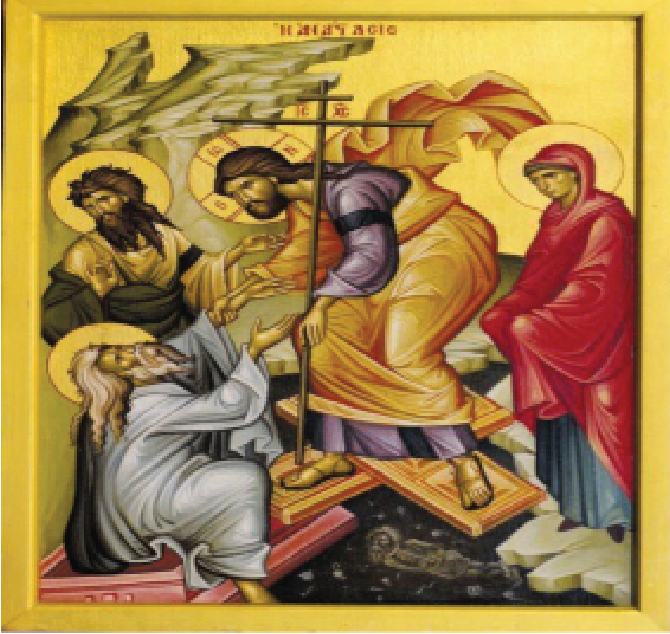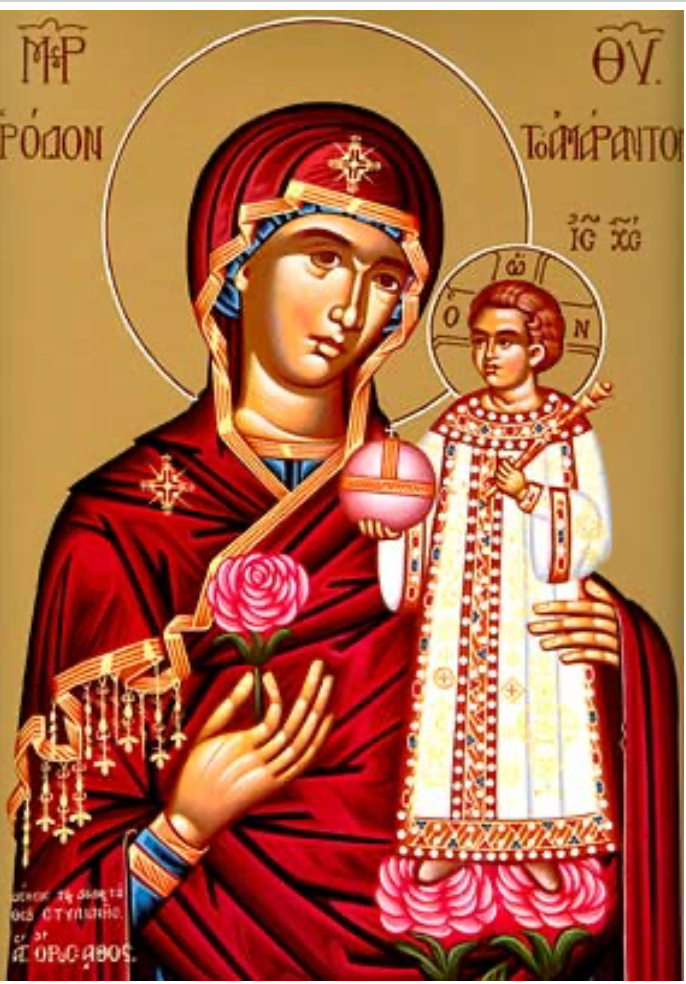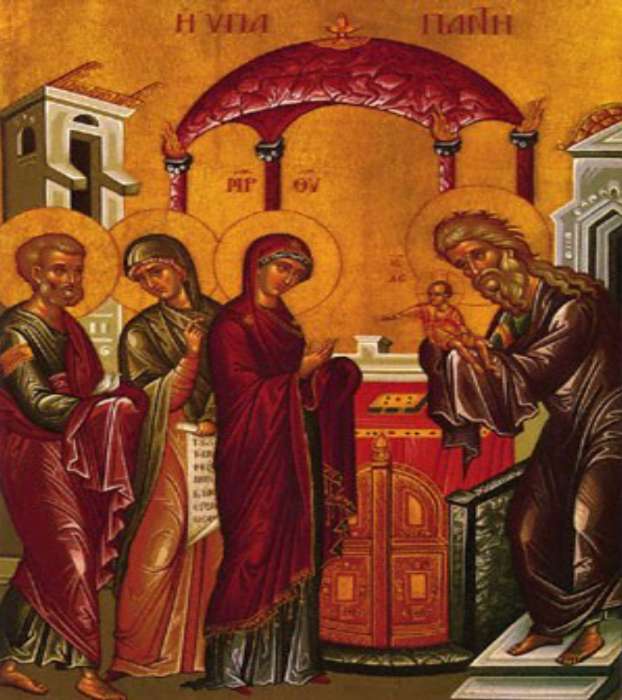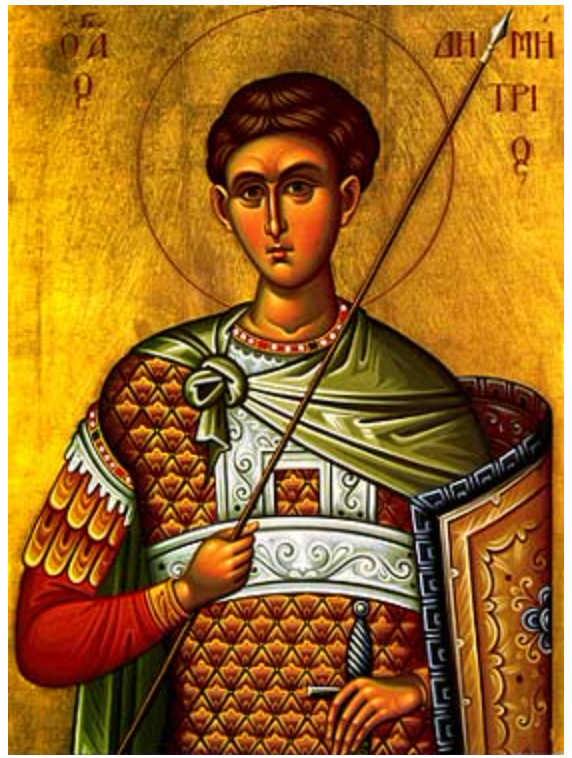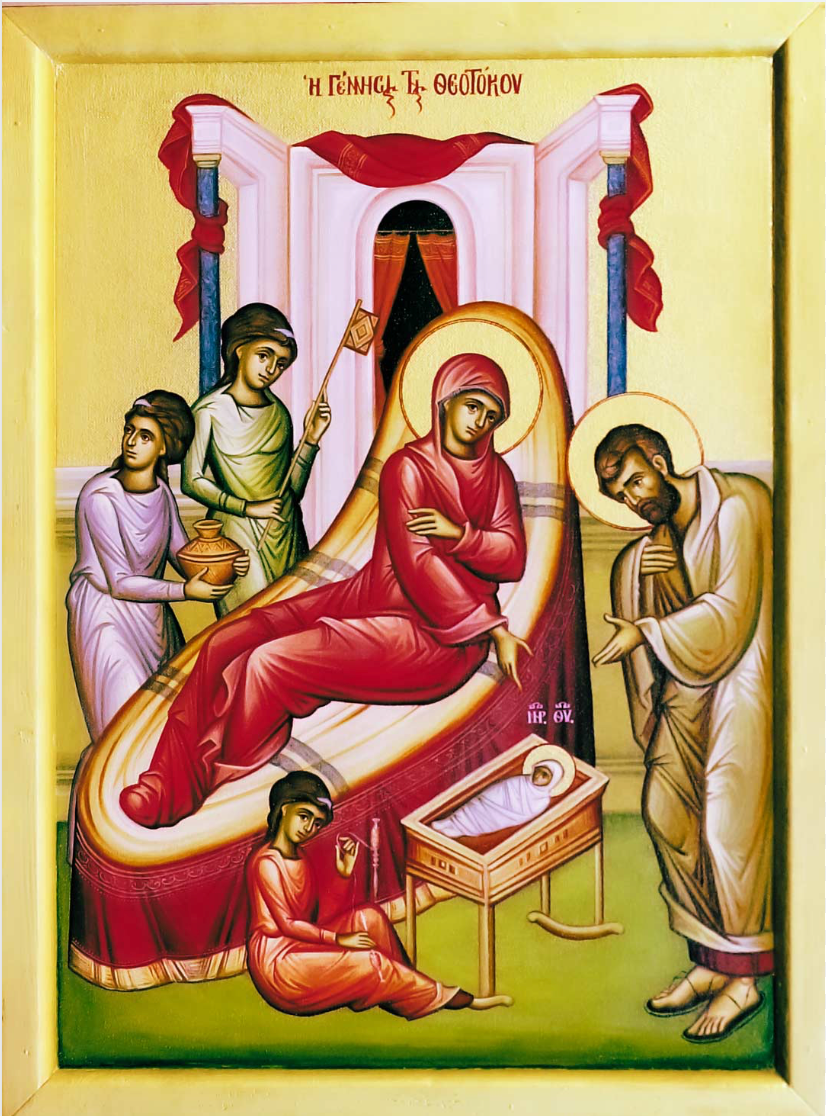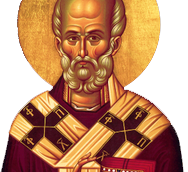Categories of Saints
Through the work of the Holy Trinity all Christians could be called saints; especially in the early Church as long as they were baptized in the name of the Holy Trinity, they received the Seal of the Spirit in chrismation and frequently participated in the Eucharist. In the same spirit St. Paul, when writing to the Churches he had visited, calls all the faithful "saints." Writing to the Ephesians, he addresses "the saints who live in Ephesus" (1:1); writing to the Corinthians he uses the same expressions (2 Cor. 1:11). St. Basil, commenting on this point, writes that Paul refers to all those who are united with God, who is the Being, the Life and the Truth (Against Eunomius, II, 19). Furthermore, St. Paul writes to the Colossians that God has reconciled men by Christ's death, "so that He may present you before Himself holy, without blemish and innocent in His sight" (1:22).
In our society, however, who can be addressed as a saint?
Who are those men and women and children who may be called saints by the Church today? Many Orthodox theologians classify the saints in six categories:
- The Apostles, who were the first ones to spread the message of the Incarnation of the Word of God and of salvation through Christ.
- The Prophets, because they predicted and prophesied the coming of the Messiah.
- The Martyrs, for sacrificing their lives and fearlessly confessing Jesus Christ as the Son of God and the Savior of mankind.
- The Fathers and Hierarchs of the Church, who excelled in explaining and in defending, by word and deed, the Christian faith.
- The Monastics, who lived in the desert and dedicated themselves to spiritual exercise (askesis), reaching, as far as possible, perfection in Christ.
- The Just, those who lived in the world, leading exemplary lives as clergy or laity with their families, becoming examples for imitation in society.
Each and every one among all these saints has his or her own calling and characteristics: they all fought the "good fight for the faith" (1 Tim. 6:12 and 2 Tim. 4:7). All of them applied in their lives the scriptural virtues of "justice, piety, fidelity, love, fortitude, and gentleness" (1 Tim. 6:11).
Read More at Goarch.org
